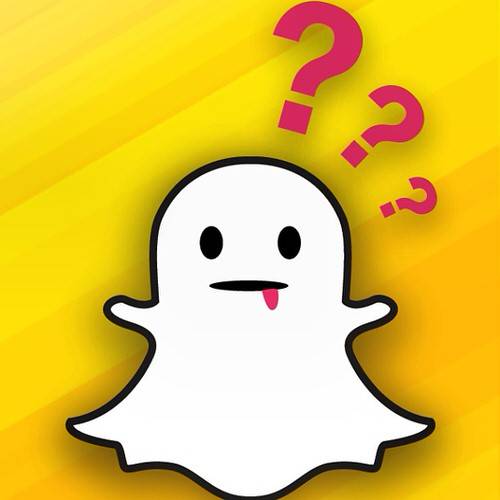
Tens of thousands of private photos sent by people who used Snapchat companion apps are now on the Internet, where they won’t be disappearing anytime soon.
Snapchat normally deletes images within seconds of their being viewed. But a host of independent apps, not controlled by the company, have sprung up to help people save photos they send or receive.
See also: How Apple Made Its Users Vulnerable To Photo Theft
The photos appeared on 4chan on Thursday night. That online community is believed to be ground zero for September’s breach of Apple iCloud accounts, which resulted in private photos of Jennifer Lawrence and other female celebrities circulating on the Internet.
Snapchat, in a press statement, acknowledged the breach but placed the blame on the victims who used unapproved third-party apps:
We can confirm that Snapchat’s servers were never breached and were not the source of these leaks. Snapchatters were victimized by their use of third-party apps to send and receive Snaps, a practice that we expressly prohibit in our Terms of Use precisely because they compromise our users’ security. We vigilantly monitor the App Store and Google Play for illegal third-party apps and have succeeded in getting many of these removed.
Business Insider reports that 4chan users are busy creating a database for the stolen images searchable by Snapchat usernames. They’ve dubbed this incident “The Snappening,” a play on words based on the name they gave the iCloud hack, “The Fappening,” itself a portmanteau of a crude term for masturbation and “happening.”
Snapchat users send 700 million photos and videos per day, the company said in May 2014. Though Snapchat users haven’t experienced a photo breach like this before, a hack in December last year resulted in approximately 4.6 million Snapchat usernames and phone numbers being posted online. In theory, those leaked usernames could now be cross-referenced with the newly purloined photos.
Last week, reports circulated that Yahoo is considering investing $20 million in Snapchat in an investment round that valued the photo-messaging app at $10 billion.

















